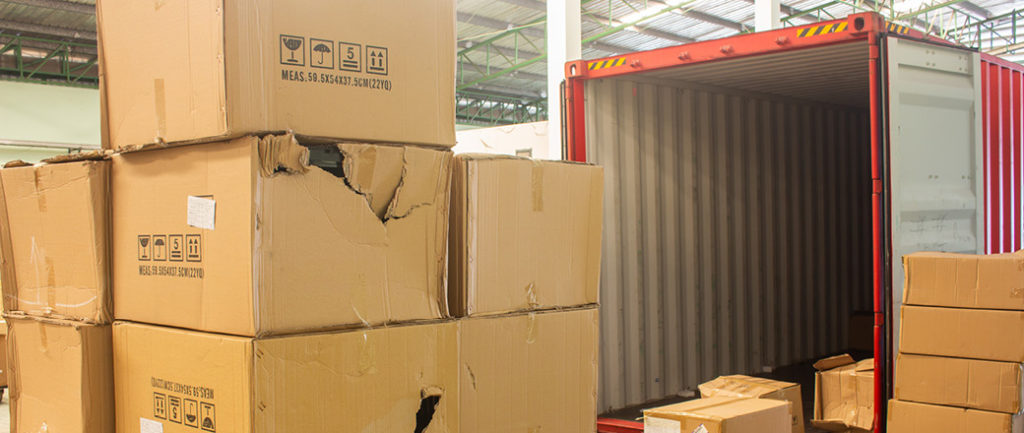Goods and cargo shipped via land, air, or sea require shipping insurance to protect against loss, damage, or theft during transportation.
To protect against these expenses and losses, transportation service providers need insurance on shipping loads. What does shipping insurance cover?
Insured shipping services cover a wide range of instances and claims, including loss of cargo from container loss, handling damages, piracy, theft, and other issues impacting the safe delivery of freight.
“Most attacks occurred in Western Africa, totaling 385, followed by the South China Sea with 344, and the Malacca Strait with 283 attacks. Piracy has grown as a problem particularly fast in the Arabian Sea and along the coast of India in the past decade.”
Land Cargo Shipping Insurance
Land Cargo coverage provides insured shipping for cargo and goods transported via utility truck, semi, dry van, reefer, or train. The truckload package insurance protects against theft, collision damage, and other similar damages. One drawback of land insurance on shipping coverage is how to apply it to all fleet management aspects.
Marine Cargo Shipping Insurance
All-Risk Insurance Policies
All-Risk insurance is the broadest maritime insurance coverage available. This type of shipping insurance offers blanket coverage for freight transportation experts. Generally, all-risk insured shipping will cover damage or a claim unless identified in the policy. If shippers need general insurance for shipping and final mile delivery protection, then all-risk cargo and package insurance is the best option.
Named Perils Insurance
Insured shipping with a Named Perils Policies only provides claims protection for what has been explicitly listed and delivered within the contract. With shipping insurance detailing specific terms and conditions, it is essential to ensure the chosen mode and cargo match the police report.
Calculate your potential Saving While Using an enterprise TMS
Know When to Purchase Shipping Insurance and How to Handle Claims More Easily With MercuryGate
No carrier or shipper should handle freight cargo without insured shipping standards. Protecting against theft, damages, losses, and other risks is essential. Finding the best insurance on shipping freight is critical to controlling unexpected shipment costs that can affect an organization’s bottom line.
But what if there is no insurance? The right freight claims management platform is integral to protecting your financial interests – whether you have shipping insurance or not. Download the MercuryGate eBook to learn more about handling claims for damage, loss, and theft.


